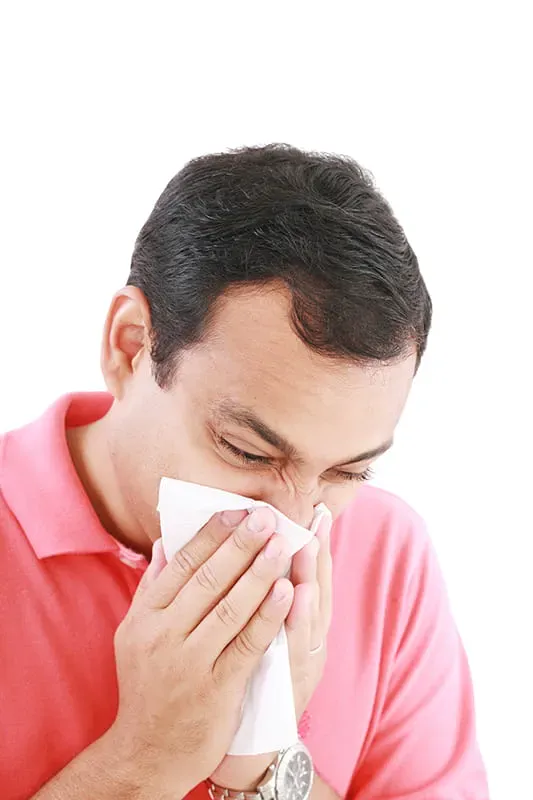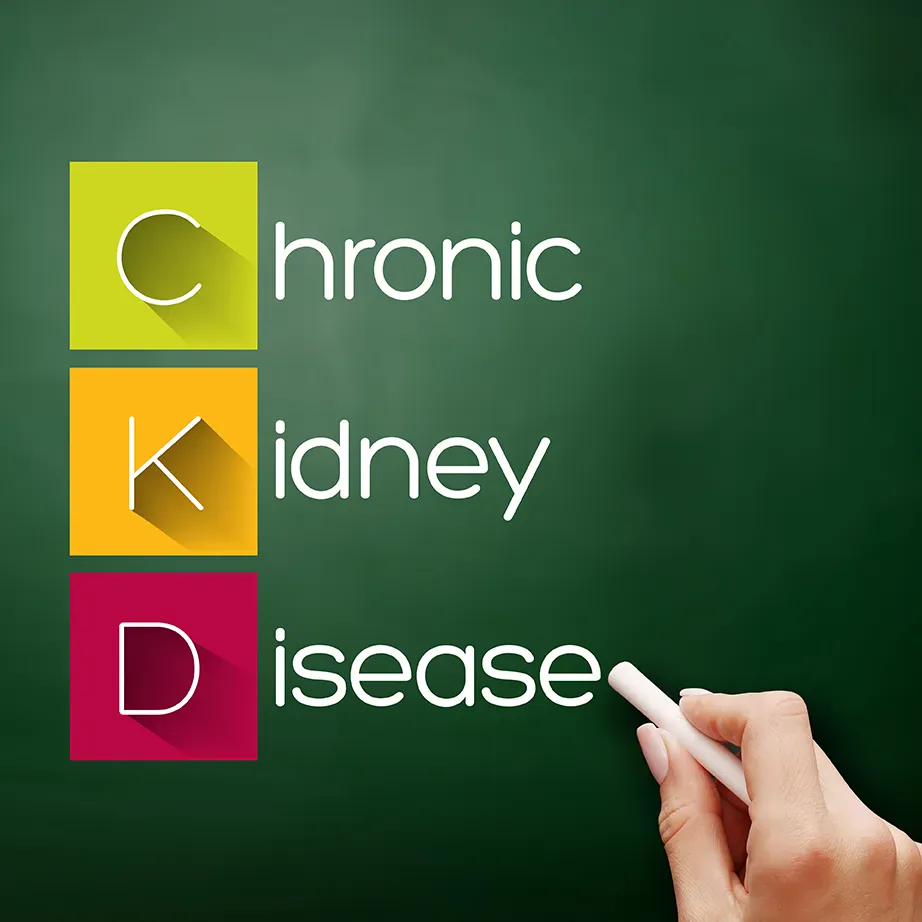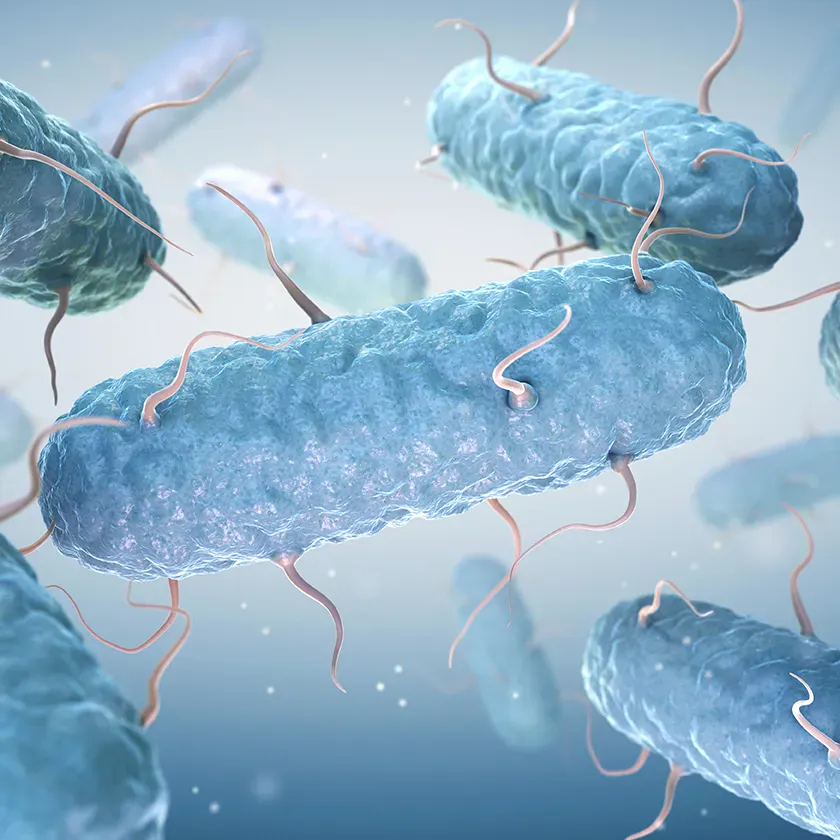All You Wanted to Know about Prostate Cancer
What is Cancer?
The body is made up of cells that grow and die in a controlled way. Sometimes, cells keep on growing without control, causing an abnormal growth called a tumour. A tumour can be benign (harmless), premalignant (if left untreated, may lead to cancer) or malignant (progressively worsens and can result in death). Cancer is a malignant tumour.
What is Prostate Cancer?
The prostate is a gland found only in males. It is located in front of the rectum and below the urinary bladder. Prostate cancer occurs when the normal cells in the prostate begin to grow in an uncontrolled, abnormal manner and produce tumours.
What are the Possible Risk Factors for Prostate Cancer?
Mentioned below are the factors that are known to increase the risk of prostate cancer.
- Age: The chance of having prostate cancer rises rapidly after age 50. About 6 in 10 cases are found in men over the age of 65.
- Family history: Having a father or brother with prostate cancer more than doubles the risk of developing this disease. The risk is much higher for men with several affected relatives.
- High testosterone levels: Men who use testosterone therapy are more likely to develop prostate cancer, as an increase in testosterone stimulates the growth of the prostate gland.
- Diet: A high fatty diet, as well as obesity, increases the risk of prostate cancer.
- Genome changes: Certain genetic changes have been known to elevate prostate cancer risks.
What are the Symptoms of Prostate Cancer?
There are no symptoms of early prostate cancer. Once the cancer spreads into the nearby tissue, the following symptoms may happen:
- A frequent need to urinate, especially at night
- Difficulty starting or stopping urination
- A weak or interrupted urinary stream
- Leaking of urine when laughing or coughing
- Inability to urinate standing up
- A painful or burning sensation during urination or ejaculation
- Blood in urine or semen
Symptoms of advanced prostate cancer include the following:
- Dull, deep pain or stiffness in the lower back, ribs or upper thighs; pain in the bones of those areas
- Loss of weight and appetite, fatigue, nausea or vomiting
- Swelling of the lower limbs
- Weakness or paralysis in the lower limbs, often with constipation
Other diseases can also cause many of these same symptoms. Hence, in case of any symptoms along with evidence of risk factors, consult a doctor.
How is Prostate Cancer Diagnosed?
In case of any symptoms related to prostate cancer, the doctor will try to find out what's causing the problems. The following tests may be done:
- Digital rectal exam (DRE):
The doctor inserts a gloved finger into the rectum in order to check any abnormalities in the prostate shape, feel and texture.
- Prostate-specific antigen (PSA) blood test:
A sample of blood is taken to check for PSA, a protein produced by the prostate which is normally found in the blood which increases in prostate cancer.
- Trans-rectal ultrasound scan (TRUS):
TRUS uses sound waves to make an image of the prostate on a video screen. TRUS is often used to look at the prostate when a man has a high PSA level or has an abnormal DRE.
- Biopsy:
If DRE or PSA tests show any abnormalities, the doctor may do a biopsy. A sample of tissue is removed from the prostate and viewed under a microscope by a pathologist to check for signs of cancer.
There are also some general tests that need to be done to diagnose and/or confirm prostate cancer such as bone scan, ultrasound, CT scans, MRI etc.
The doctor will decide which tests are necessary; all of them may not be done.
What are the Treatment Options for Prostate Cancer?
Various therapies are used for the treatment of prostate cancer, e.g. watchful waiting, removal of tumour (surgery), killing cancer cells with drugs (chemotherapy) or radiation (radiotherapy). Depending on the size and spread of the cancer, treatment can include any of these therapies or a combination. The doctor will decide on the treatment, depending on the type and severity of the disease and the condition of the patient.
How Can the Risk of Prostate Cancer be Reduced?
The risk of prostate cancer can be reduced by the following:
- Good lifestyle and a healthy diet: Eating a healthy, balanced diet with more fruits, vegetables and whole grain foods along with a healthy lifestyle.
- Weight: Achieving/maintaining a desirable weight.
- Exercise and being active: Improves physical & emotional health.
- Reducing red meat intake: Try to keep the amount of fat you get from red meat to a minimum.
- Regular screening: A yearly rectal examination and PSA testing should be performed in men aged 50 years and above
Do’s and Don’ts
Do’s
- Regular screening after the age of 50 years
- Exercise
Don’ts
- Ignore symptoms
- High red meat intake
For more information, please consult your doctor.














